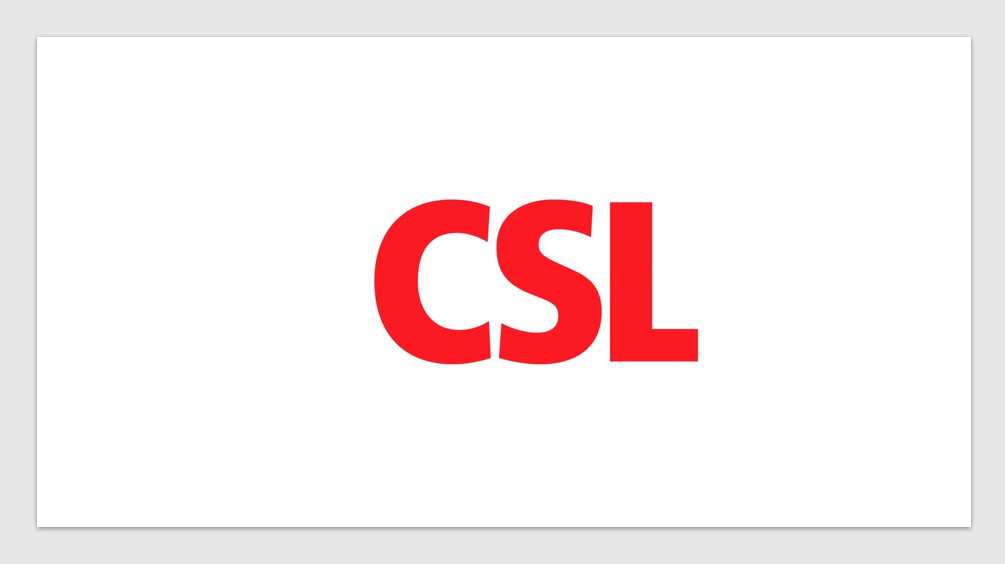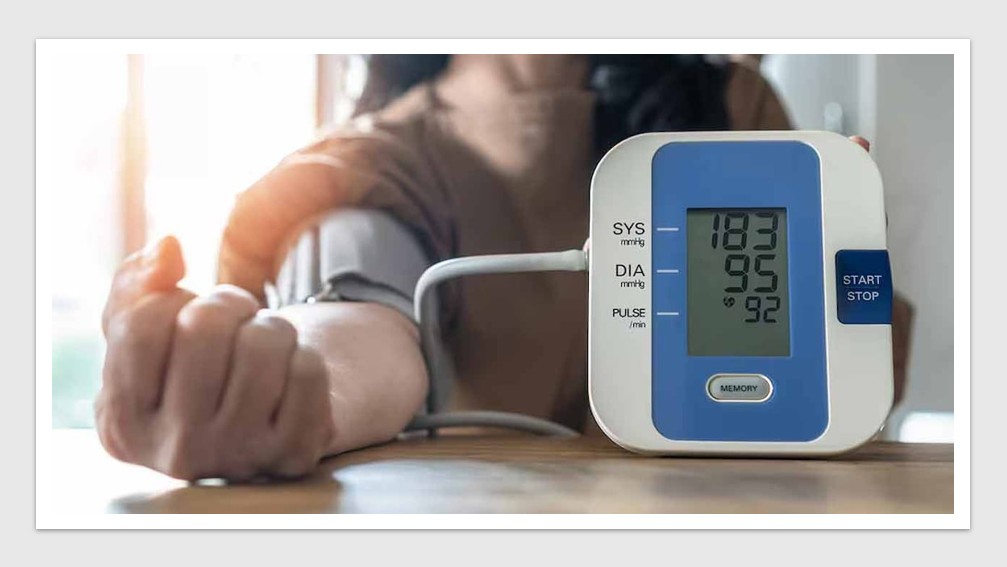News & Trends - Pharmaceuticals
New approach to HIV therapy ‘at least as effective’ in a world-first

Pharma News: Two newer treatment options are at least as effective as current approaches, according to the results of a world-first international clinical trial into second-line HIV therapy led by the Kirby Institute at UNSW Sydney and presented at the Conference on Retroviruses and Opportunistic Infections (CROI).
The significant finding means that for more than 3 million people living with HIV around the world for whom the standard first-line HIV treatment does not work – annual failure rate is around 10-15% of treated patients – there is now evidence to support a range of second-line treatment treatment options, which is crucial in allowing optimal access to treatment.
“Recommendations for second-line therapy are generally effective at achieving viral suppression; however, some involve drug resistance testing which can be a strain on health systems. Furthermore, many treatments require multiple pills, and they can have some side effects,” said Professor Gail Matthews from the Kirby Institute, who presented the findings at CROI.
“Understanding the pros and cons of different treatment approaches is important to guide decision making.”
The D2EFT study was designed to compare one standard approach for second-line HIV treatment – Janssen’s Prezista/AbbVie’s Norvir (ritonavir boosted darunavir) + 2 NRTIs (tenofovir plus emtricitabine or lamivudine) – against two alternative second-line regimens: dual therapy with ViiV Healthcare’s Tivicay (dolutegravir) + Prezista/Norvir vs Tivicay + 2 NRTIs.
The study was funded by global health agency Unitaid, with support from the National Institutes of Health (NIH), Janssen, ViiV Healthcare and the Australian National Health and Medical Research Council (NHMRC).
The newer treatment options were found to be at least as good as the standard of care in achieving viral suppression, but have potential additional benefits in terms of cost, tolerability and simplification.
“This finding of non-inferiority has significant implications for the management of HIV globally,” said Professor Matthew Law from the Kirby Institute.
“Adopting either of these simplified treatments could mean administering fewer pills, avoids the need for specialised resistance tests, and reduces the cost of the medication. In low- and middle-income countries where health systems and supply chains can be fragile, having these simplified treatment options can optimise access to treatment, while providing equally high levels of viral suppression.
“The Kirby Institute has a large clinical network and participating sites have done an immense job to keep this trial going through the challenges of the COVID-19 pandemic. The results of our D2EFT trial are particularly robust because the study was conducted across an incredibly diverse group of countries. We’re confident that the findings are relevant and important internationally, but most urgently, in low- and middle-income countries,” said Professor Law.
Meg Doherty, Director of WHO’s Global HIV, Hepatitis and Sexually Transmitted Infections Programmes in Geneva, welcomed the results of the D2EFT study.
“The findings further reinforce the current WHO recommendation of using dolutegravir as the preferred antiretroviral option, while also providing new insights into the simplification of second-line HIV treatment in low- and middle-income countries,” she said.
At the CROI congress, ViiV Healthcare also presented the first head-to-head study for injectable Cabenuva (cabotegravir, rilpivirine [CAB+RPV LA]) every two months compared against Gilead’s daily oral Biktarvy (bictegravir/emtricitabine/tenofovir alafenamide [BIC/FTC/TAF]).
The study findings showed ViiV Healthcare’s therapy achieved the primary endpoint of non-inferior virologic efficacy versus Gilead’s treatment, with 90% of participants who switched to Cabenuva preferred the long-acting regimen.
Dr Harmony Garges, Chief Medical Officer at ViiV Healthcare, said “The treatment needs of people living with HIV are changing, with ample evidence on patient preference suggesting some people living with HIV can experience challenges with taking daily oral treatment for HIV. It’s essential that people living with HIV have treatment options that can help alleviate these burdens and we believe that complete long-acting regimens are here to help address some of those challenges today.”
ViiV Healthcare is a global specialist HIV company majority owned by GSK, with Pfizer and Shionogi as shareholders.
![]() In reimagining healthcare across the entire patient journey, Health Industry HubTM is the only one-stop-hub uniting the diversity of the Pharma, MedTech, Diagnostics & Biotech sectors to inspire meaningful change.
In reimagining healthcare across the entire patient journey, Health Industry HubTM is the only one-stop-hub uniting the diversity of the Pharma, MedTech, Diagnostics & Biotech sectors to inspire meaningful change.
The Health Industry HubTM content is copyright protected. Access is available under individual user licenses. Please click here to subscribe and visit T&Cs here.
News & Trends - Biotechnology

CSL reshapes R&D while bracing for U.S. tariffs
Australia’s largest biotech company CSL is streamlining its R&D operations to enhance efficiency amidst a rapidly evolving global landscape. The […]
MoreNews & Trends - MedTech & Diagnostics

Australia joins Medtronic trial in fight against resistant hypertension
Medtronic has launched an international clinical trial across Australia, the United States, and Europe to evaluate the feasibility of multi-organ […]
MoreNews & Trends - MedTech & Diagnostics

Medibank launches pharmacogenetic testing while government stalls on insurance discrimination ban
Medibank has become the first Australian health insurer to pay towards pharmacogenetic testing (PGx) for eligible customers on Extras cover. […]
MoreNews & Trends - Pharmaceuticals

Global pledge shifts visibility and action for patients with advanced breast cancer
Three breast cancer organisations have united internationally to demand that people living with metastatic breast cancer (MBC) are no longer […]
More